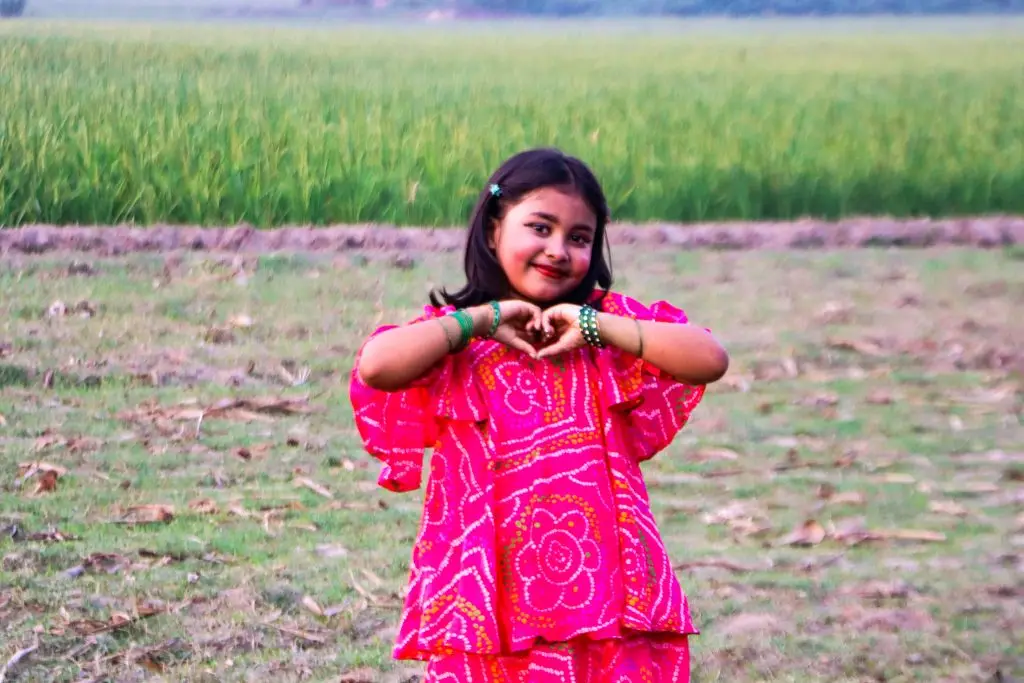Their Rights, and protection
Children shape every nation’s future. Protecting them, nurturing their growth, and involving them actively in society builds a just, equitable, and thriving world. Globally, societies acknowledge that children have unique needs and limitless potential. Safeguarding their rights ensures sustainable development and lasting peace. In this article, we define what makes a child, explain the importance of child rights, and highlight why upholding these rights matters for a better tomorrow.
Who is a Child?
Most countries and cultures define a child as any person under 18 years old. This universal standard ensures children receive the special protection and care they need. During this critical developmental stage, children require nurturing, education, guidance, and safe environments to grow into healthy, capable adults.
According to the United Nations Convention on the Rights of the Child (UNCRC),
“A child means every human being below the age of eighteen years unless, under the law applicable to the child, majority is attained earlier.”This universal definition ensures that children worldwide receive the protection and support they need during their most critical years.
Every child deserves fundamental rights and freedoms from birth. These rights ensure children not only survive but thrive, develop fully, and engage actively in their communities. They apply to all children equally—regardless of nationality, gender, ethnicity, or social background—because every child’s potential matters.
The 4 Core Principles of Child Rights Every Society Must Uphold
- Equal Treatment for All Children
Every child deserves fair treatment – no exceptions. Discrimination based on gender, race, disability or background has no place in child rights. - Putting Children’s Wellbeing First
All decisions affecting children must prioritize their best interests – whether in families, schools, or government policies. - Ensuring Survival and Full Development
We must guarantee children’s access to healthcare, nutrition, education, and safe environments to support their complete physical, mental and social growth. - Listening to Children’s Voices
Children have the right to express their views and participate in decisions about their lives – their opinions matter and deserve consideration.
Key Areas of Child Rights
While the UNCRC outlines 54 articles detailing children’s rights, they can be broadly categorised into four main areas:
1. Right to Survival
Every child has the right to life and the essentials for survival, including nutritious food, clean water, adequate shelter, and access to quality healthcare.
2. Right to Development
Children have the right to education, recreation, cultural experiences, and access to information, enabling their cognitive, emotional, and social development.
3. Right to Protection
Children must be shielded from all forms of violence, exploitation, abuse, neglect, and harmful practices.
4. Right to Participation
Children have the right to voice their opinions, be heard in matters affecting them, and actively engage in their communities and societies.
Importance of Protecting Child Rights
Protecting children’s rights is both a legal duty and a moral obligation. When we safeguard these rights, we give children the tools to live safer, healthier, and more empowered lives. These children grow into responsible adults who strengthen their communities and foster peaceful societies.
To uphold child rights, we must ensure every child receives quality education, healthcare, protection, and opportunities to succeed. Families, communities, governments, and organizations must work together to create environments where children can flourish.
Children are not just tomorrow’s leaders—they are individuals with unique needs, dreams, and voices that deserve to be heard today. By recognizing and defending their rights, we create a fairer, more compassionate world. Investing in children’s well-being and empowerment today ensures a brighter, more sustainable future for everyone.

